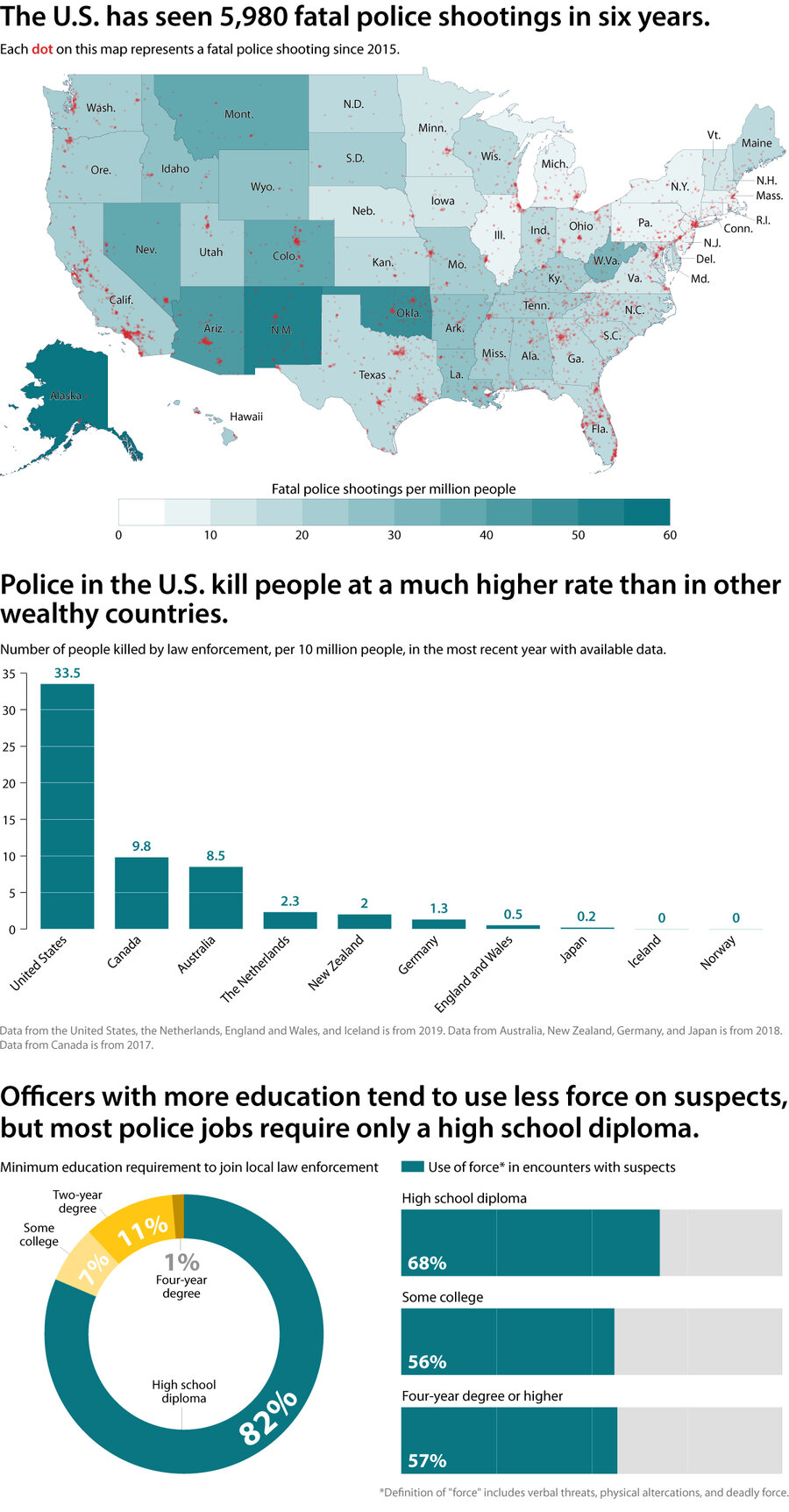Leadership in the U.S. today means managing public expectations while bringing an end to the greatest health crisis in a century. We look at how that’s going.
Monitor Daily Podcast
- Follow us:
- Apple Podcasts
- Spotify
- RSS Feed
- Download
 David Clark Scott
David Clark Scott
You may have heard that one of the world’s wealthiest people is retiring. Well, sort of. Jeff Bezos is stepping down as CEO of Amazon.
But here’s what’s on his post-Amazon to-do list:
Any one of these challenges might be considered epic.
Yes, it could simply be that leading the world’s biggest online retailer isn’t as enjoyable for Mr. Bezos anymore. He and his company are a lightning rod for growing antitrust allegations and worker discontent.
But this isn’t retirement. If you take him at his word, it’s a next chapter. And it looks similar to the path taken by another tech multibillionaire, Bill Gates. He stepped down as CEO of Microsoft 20 years ago and gradually shifted his focus to philanthropic endeavors, spending more than $45 billion of his own money on global health, education, and climate initiatives.
In 2019, discussing his space ambitions and earthly projects, Mr. Bezos said he wants “a whole diversified portfolio of trying to do the right thing.”
One of the most successful entrepreneurs of our age is focusing his creativity and drive on some noble goals. The scale of the efforts suggest that we all might benefit if Mr. Bezos succeeds.











